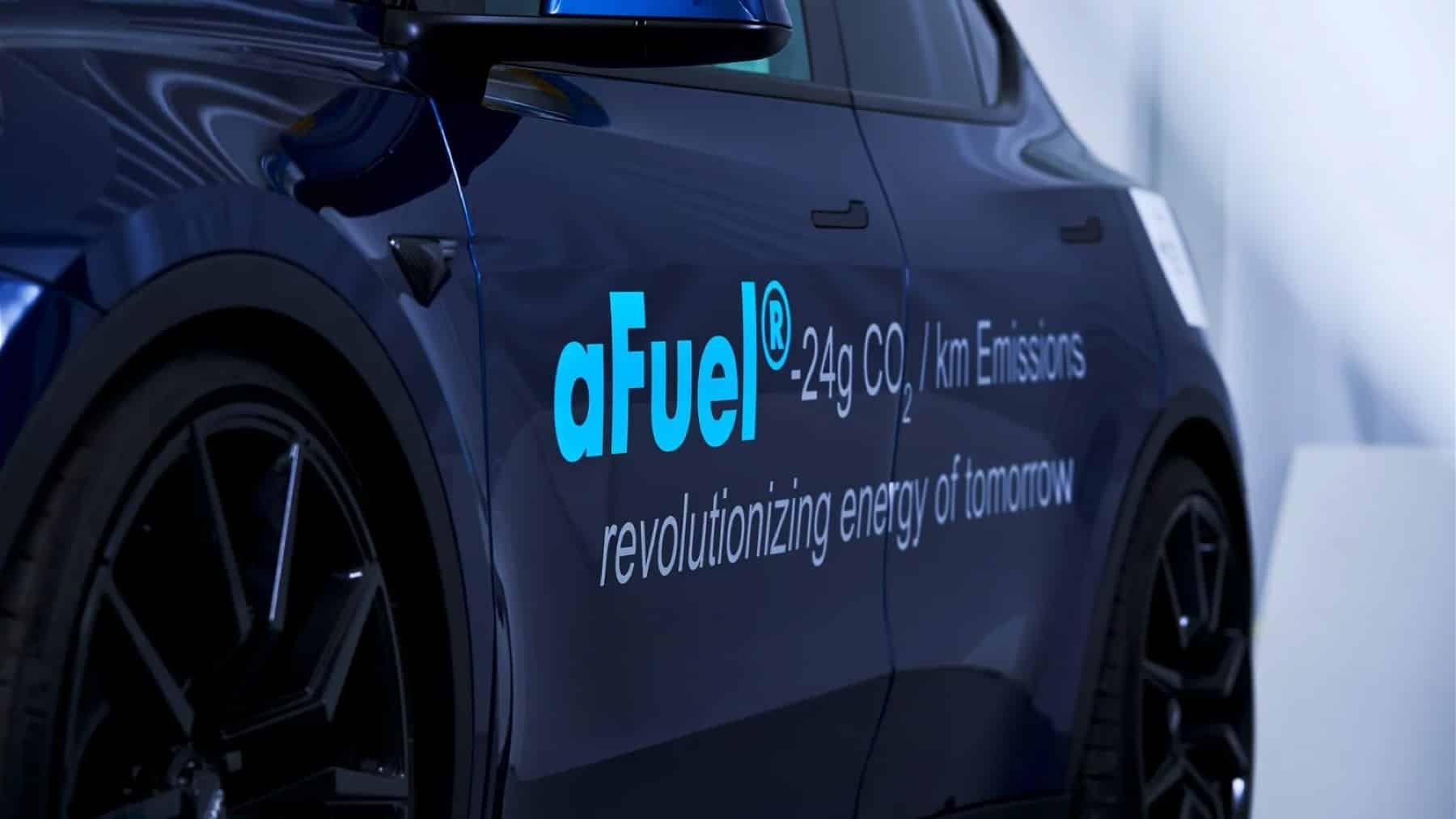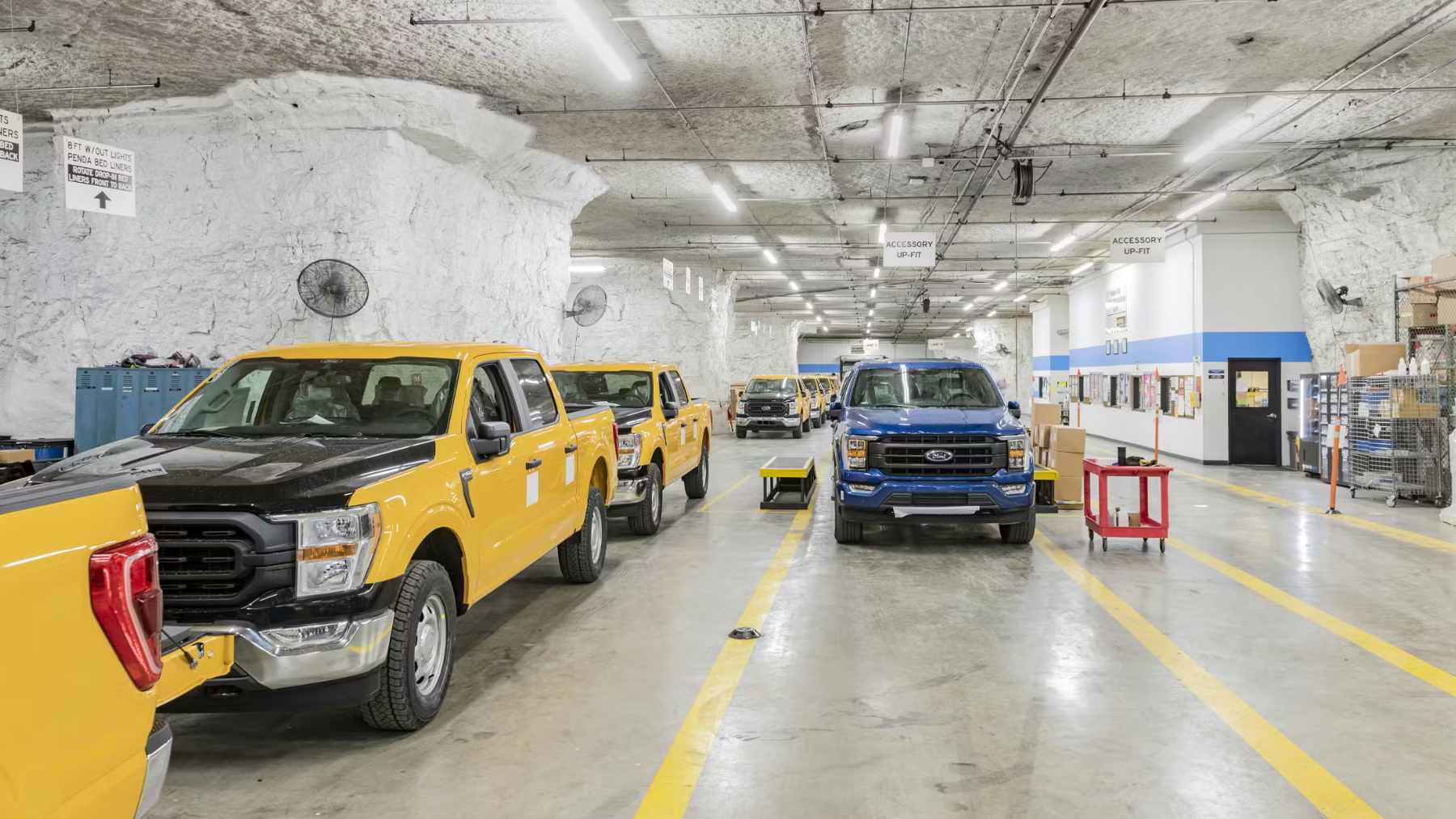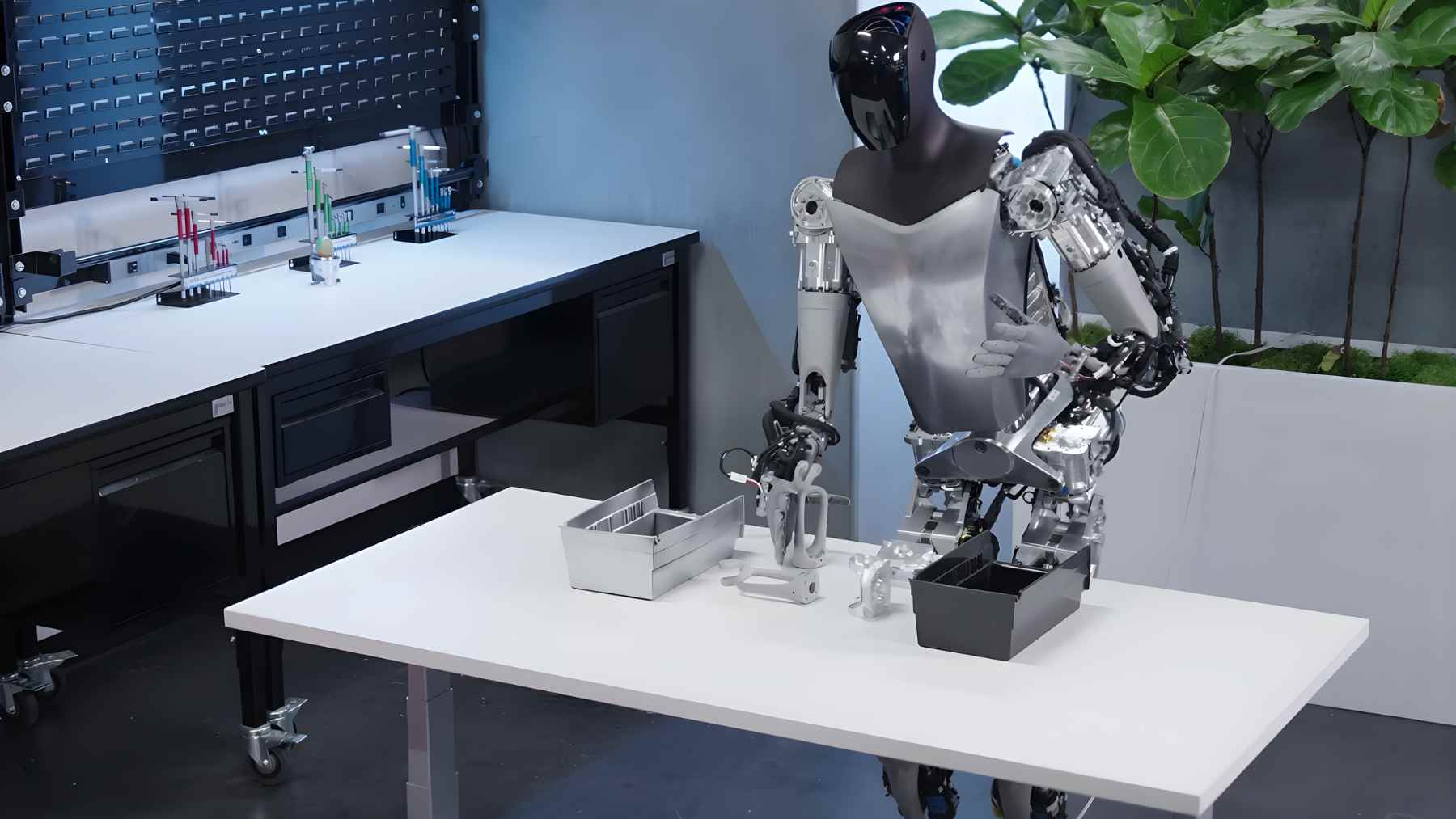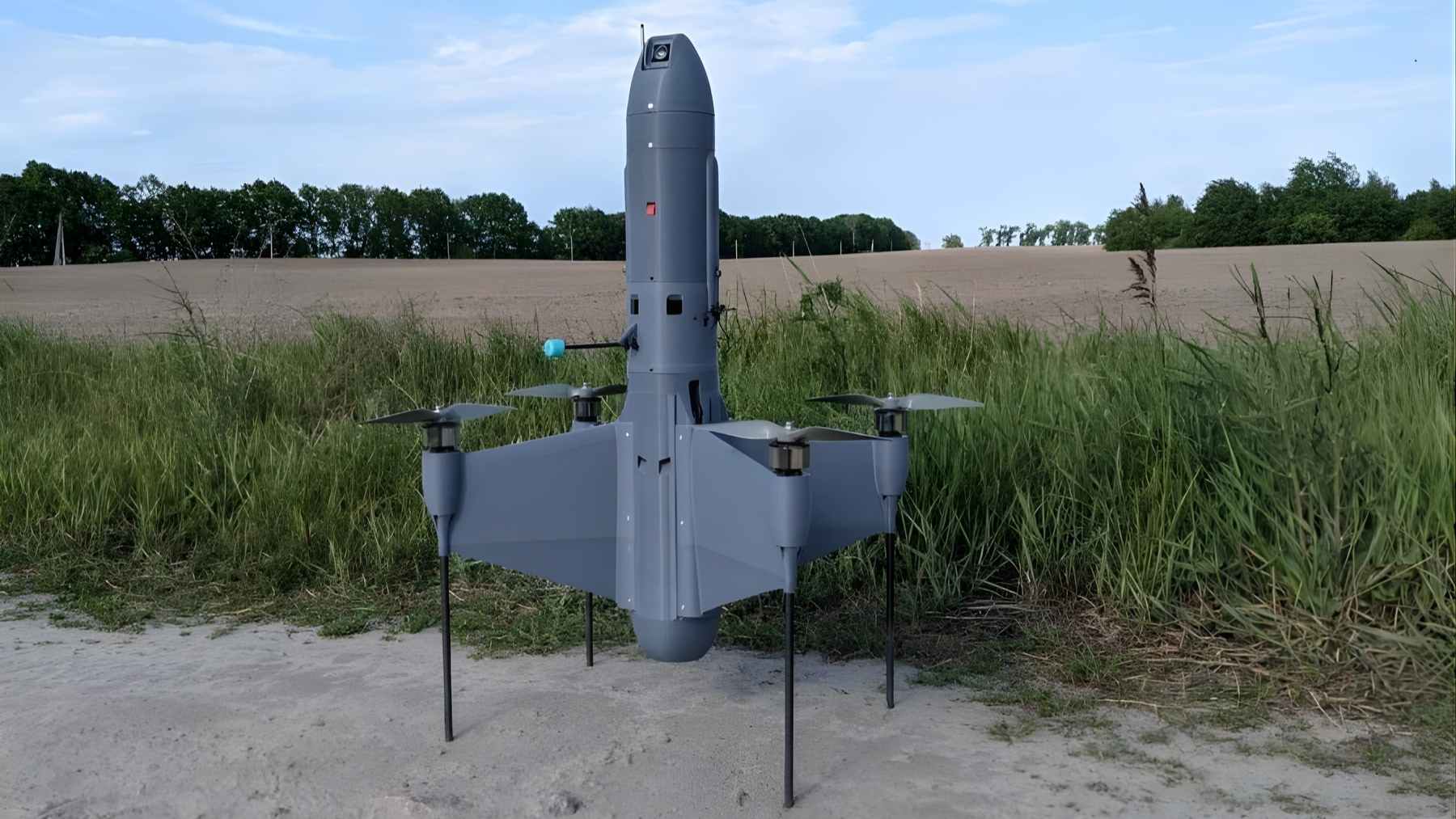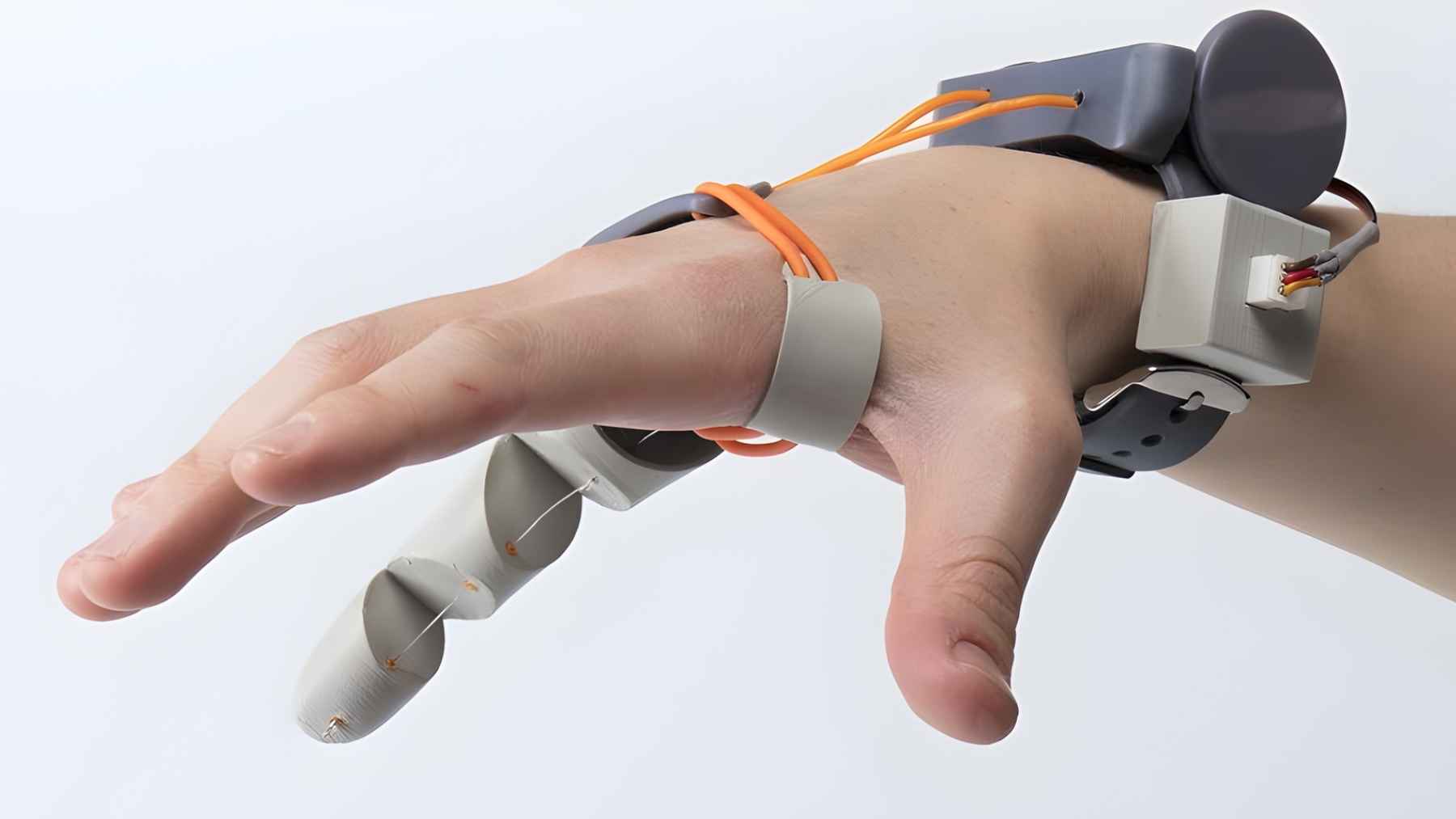When it comes to alternative engine solutions, no other name has dominated the industry as much as electric vehicle manufacturer giant Tesla has. Since the release of their first electric vehicle, the Roadster, in 2008, the company has continued to push the boundaries of alternative engine solutions with their advanced battery engine technology. However, new players are on the rise, and Tesla needs to compete with innovators and engineers from a variety of fronts to maintain dominance.
Tesla dominates the electric vehicle world
Tesla’s advancement of electric vehicles can be summed up not only by their expert and advanced engineering capabilities, but also by their ability to transform public perception of electric vehicles from a niche concept to a luxurious and desirable product. The company has maintained superiority in terms of electric vehicle sales in the US, while only recently facing increased global competition after over two decades of global electric vehicle sales dominance.
Now, as the company faces increased competition from other automobile companies that have caught up to the electric vehicle powerhouse in terms of electric vehicle technology, Tesla has pivoted their priorities towards other futuristic concepts that are set to be the next major step in the automobile world. Recently, the company began rolling out its pilot project of autonomous vehicles in Austin, Texas, as part of its cybercab project to see a world where a driver behind the wheel may no longer be needed.
While Tesla has no plans on abandoning their electric identity, the shift towards prioritizing autonomous vehicles showcases an acknowledgment that, in terms of futuristic design, the electric engine may have reached its peak. The trouble now lies in not developing this technology, but rather in implementing it worldwide by creating supporting infrastructure and convincing consumers to make the switch.
New shift in the alternative vehicle world
While Tesla continues to spearhead autonomous driving vehicle technology, other automobile companies and developers are looking at different alternative engine solutions outside of the electric engine. Obrist, an Austrian company, developed a model prototype from a Tesla Model Y, but adapted the technology to run on methanol. The company has also developed its own synthetic methanol fuel, dubbed aFuel, to provide increased solutions towards getting rid of the internal combustion engine in the passenger vehicle world.
“[aFuel] is the most efficient energy carrier humanity can use to eliminate fossil fuels for good,” describes Obrist.
On top of niche developments and prototypes from companies like Obrist, major automobile developers are continuing to advance the alternative engine world. Earlier this year, Toyota presented its long-term strategy on the advancement of a hydrogen-powered society at the 2025 Hydrogen and Fuel Cell Seminar.
“We are collaborating with companies that would traditionally have been our competition to develop standards for hydrogen fueling connections and protocols, recognizing that an industry standard was of greater benefit than our own competitive advantage,” said Jay Sackett, Toyota’s chief engineer of advanced mobility, according to a Toyota press release.
New trials and solutions for a sustainable world
With automakers and developers around the world engaging in a variety of innovative trials and developments for new engine concepts and fuel technologies, the road towards sustainability and carbon-neutrality in the passenger vehicle world will hopefully be accelerated before the effects of irreversible climate damage set in.
With Toyota continuing to commit to its hydrogen plans, other automobile developers are following suit, taking note of the potential this technology may offer the transportation world. German automobile developer BMW recently announced in a joint statement with Toyota that they will be collaborating together in order to see a hydrogen-powered BMW on the road by 2028, showcasing Toyota’s commitment towards reducing competition and prioritizing collaboration.
Disclaimer: Our coverage of events affecting companies is purely informative and descriptive. Under no circumstances does it seek to promote an opinion or create a trend, nor can it be taken as investment advice or a recommendation of any kind.
